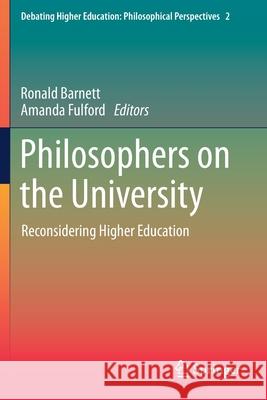Philosophers on the University: Reconsidering Higher Education » książka
topmenu
Philosophers on the University: Reconsidering Higher Education
ISBN-13: 9783030310639 / Angielski / Miękka / 2021 / 213 str.
Philosophers on the University: Reconsidering Higher Education
ISBN-13: 9783030310639 / Angielski / Miękka / 2021 / 213 str.
cena 603,81
(netto: 575,06 VAT: 5%)
Najniższa cena z 30 dni: 578,30
(netto: 575,06 VAT: 5%)
Najniższa cena z 30 dni: 578,30
Termin realizacji zamówienia:
ok. 22 dni roboczych.
ok. 22 dni roboczych.
Darmowa dostawa!
Kategorie:
Kategorie BISAC:
Wydawca:
Springer
Seria wydawnicza:
Język:
Angielski
ISBN-13:
9783030310639
Rok wydania:
2021
Wydanie:
2020
Numer serii:
000830176
Ilość stron:
213
Waga:
0.32 kg
Wymiary:
23.39 x 15.6 x 1.22
Oprawa:
Miękka
Wolumenów:
01
Dodatkowe informacje:
Wydanie ilustrowane











